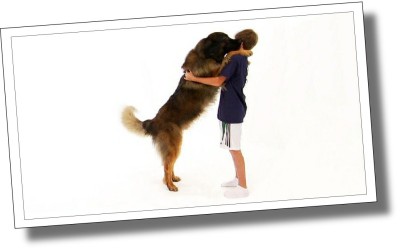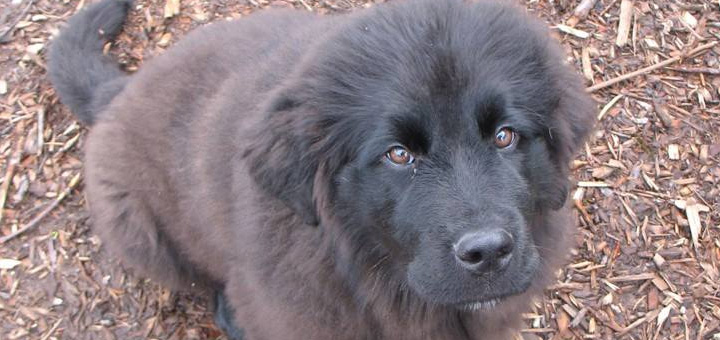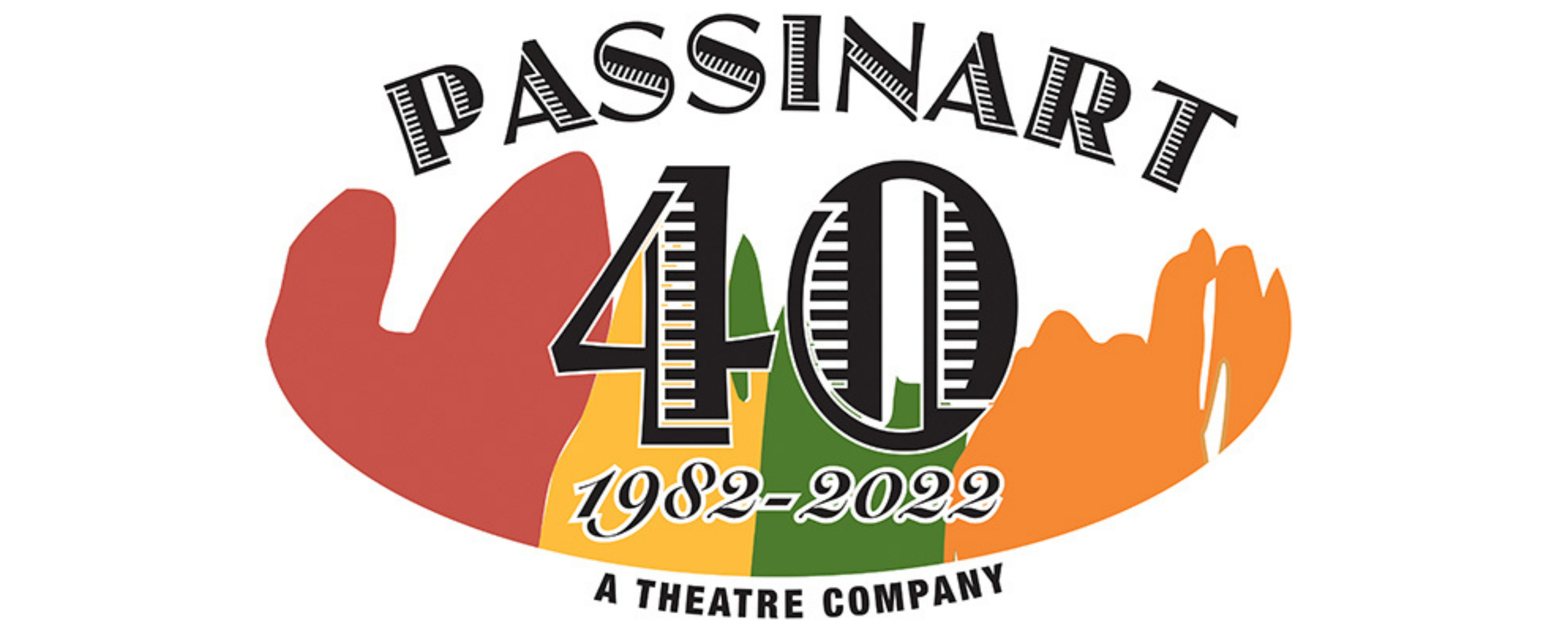A massive, fluffy, good-natured dog keeping you safe – sounds like a childhood dream, right?
That’s exactly what the nonprofit Autism Anchoring Dogs (AAD) offers to parents of autistic children. They select and train giant breed dogs – with weight averages of 110-150 pounds – as autism service dogs. These animals (usually Leonbergers, Newfoundlands, and St. Bernards picked for their temperament and durability) are there to provide physical, emotional and social support to their child partners, and to help the parents of autistic children.

But it’s more than that – over time, these dogs become important social companions to their children. They become living transitional objects that help autistic children de-stress, and redirect social anxiety. And the dogs also help by serving as guides in various environments that could generate frustration or discomfort for autistic children, such as grocery stores, sporting events or restaurants. With a physical 6-foot tether between child and dog, the partnership keeps children from running off unsupervised.
AAD’s canines usually serve for an average of seven years, slowly transitioning from guardians to companions. Over this span of time, the dogs help their child partners understand physical boundaries, and teaches them about unconditional calming love. This helps the child understand social guidelines and aids them in developing empathetic responses.
This week at PRP we interviewed several members of Autism Anchoring Dogs as part of our award-winning Community Voices series. You can listen to the podcasted interviews below.
- A Very New Pickathon in 2022 - August 13, 2022
- Pickathon returns to Pendarvis Farm! It’s not just the artists that’ll be new. - August 3, 2022
- July is BIPOC Mental Health Awareness Month (Black, Indigenous, Persons of Color) - July 14, 2022









Leave A Comment